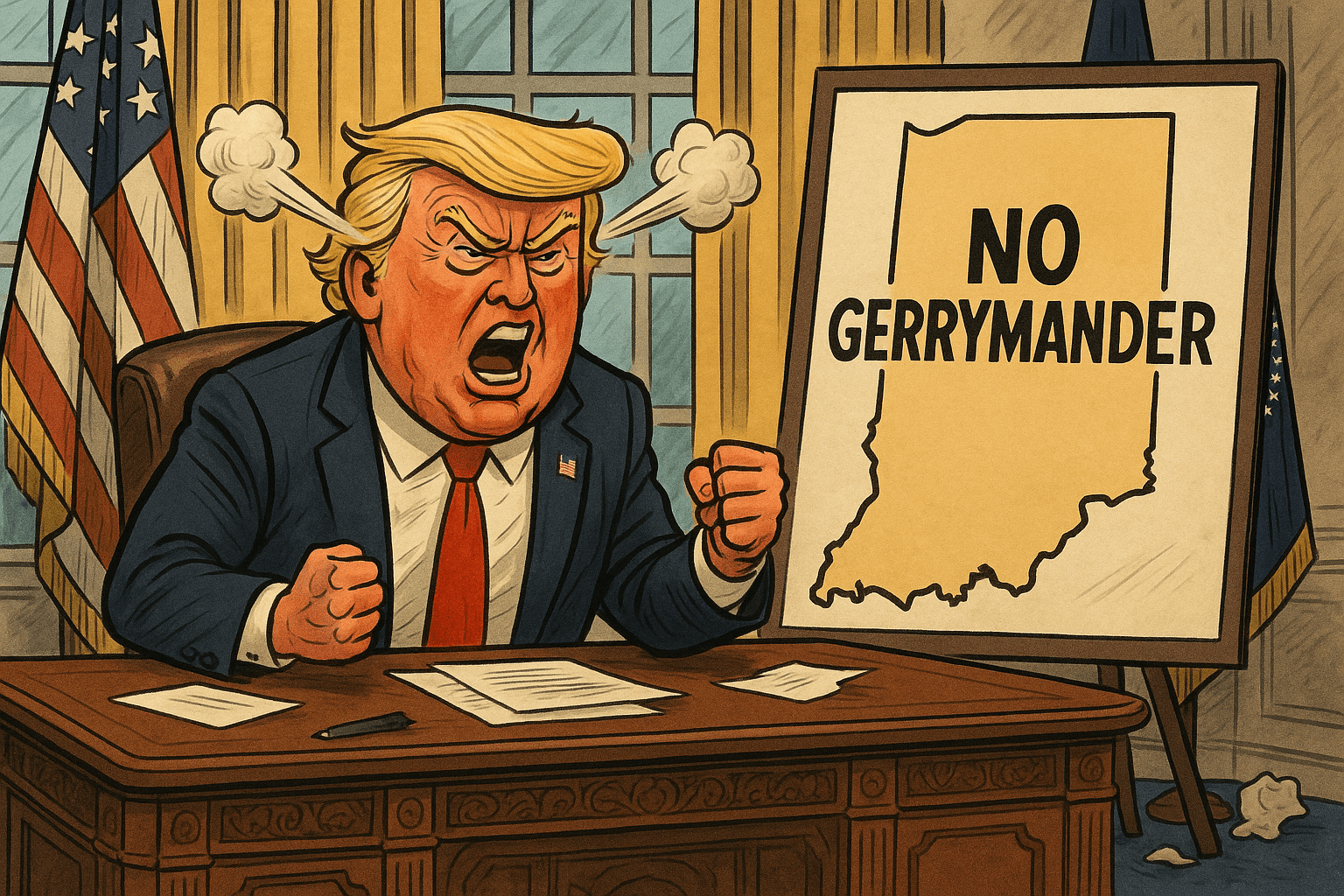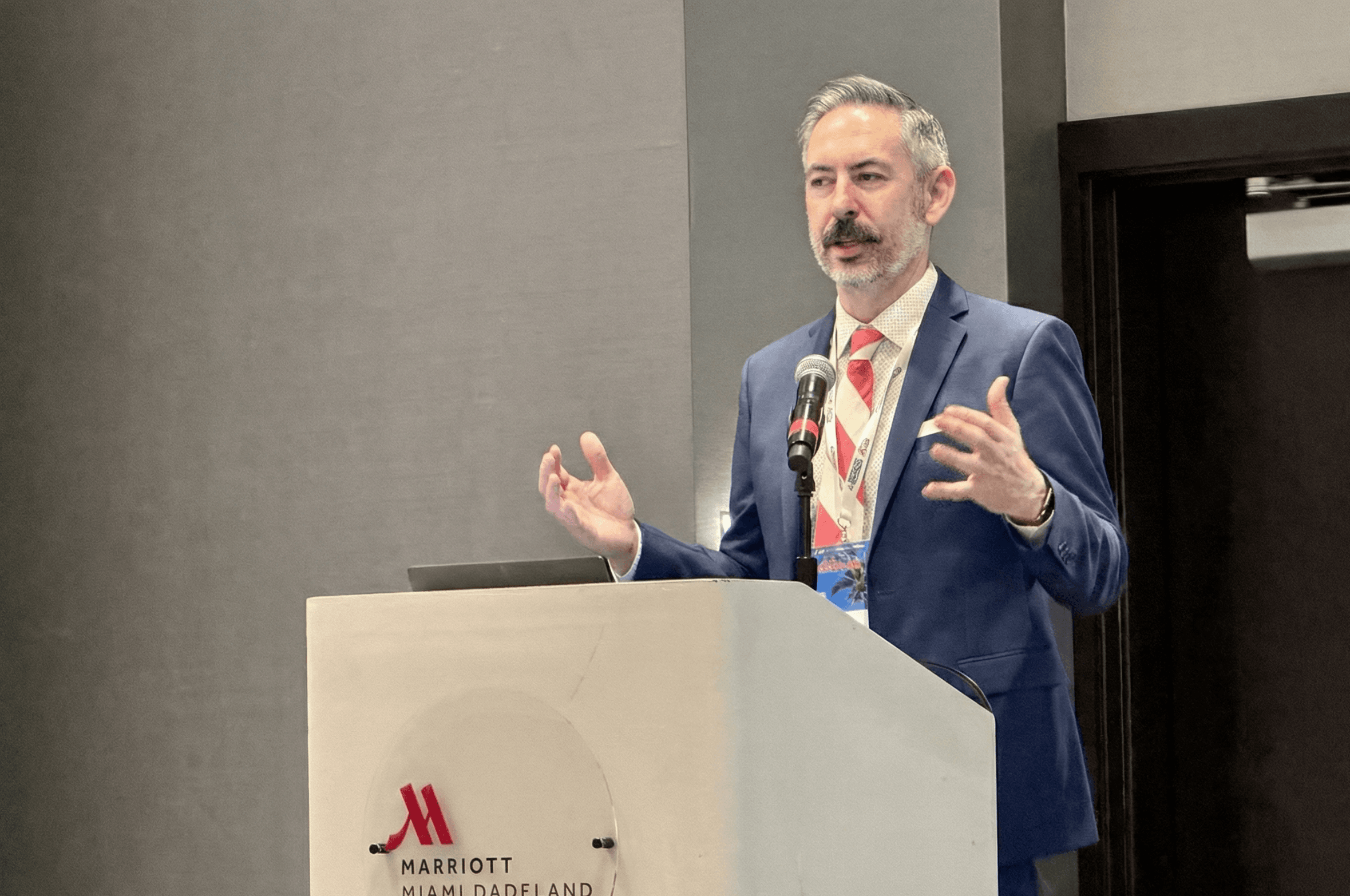Proposition 1: 300,000 Independent Voters Can Pass Historic Election Reform in Idaho

Photo Credit: Alex Shuper / Unsplash
Nearly 300,000 independent voters in Idaho have an opportunity to pass a ballot measure that would guarantee them equal access to taxpayer-funded primary elections without having to affiliate with one of the two major political parties.
Proposition 1, which is on Idaho's November 5 ballot does two things:
One, it ends partisan primaries and replaces them with a nonpartisan top four system similar to the primaries adopted by Alaska voters in 2020. Under this system, all voters and candidates participate on a single ballot, regardless of political affiliation.
The top four vote-getters in the primary move on to the general election. Voters are not limited to the candidates of a single party and can vote for whomever has qualified for the primary ballot.
Two, the measure adopts ranked choice voting for general elections so that the winner in a 4-way contest does not get elected with less than a majority of the vote. Instead of bubbling in a single choice, voters can rank candidates in order of preference (1st choice, 2nd choice, 3rd choice, etc.).
These are not votes in the traditional sense. They're an expression of a voter's preferences. If a candidate does not get a majority of first-choice selections, an instant runoff kicks in that eliminates the last place candidate and applies their voters' next choices to the results.
This elimination process continues until a single candidate has over a majority of voters' preferences. This is the final tabulation, which reflects how people would vote if the eliminated candidates were not on the ballot in the first place, and the results transfer into votes.
Ranked choice voting is currently used in 50 jurisdictions across the US, including 2 states (Alaska and Maine), which include an approximate total of 13 million voters. If Prop 1 passes, it would reverse a current state statute that bans the use of ranked choice voting.
Idahoans for Open Primaries, the coalition spearheading Prop. 1, says on its website that the measure will restore a tradition of open primaries in the state and will "give the power back to people, not political party elites, so we can elect leaders who focus on solving real problems."
The current semi-closed primary system in Idaho went into effect in 2011. It requires registered party members to vote in their respective party's primary and gives the parties the authority to decide if independent voters are allowed to participate.
As Idaho is a Republican stronghold, most elections in the state are safe for the party -- meaning the most critical stage of the elections process are taxpayer-funded partisan primary elections that require voters to affiliate with the GOP in order to participate.
As a result, hundreds of thousands of independent voters and voters outside the majority party are denied a meaningful say in who represents them as general elections are effectively meaningless in most cases.
"Every registered voter should have the right to weigh in on choosing our leaders. Independents, including a lot of military veterans, have been excluded from having their say because of the closed GOP primary," says former Idaho Governor Butch Otter.
Otter supports Prop. 1 along with a group of 120+ former Republican officials and public figures who have signed on to the group, Republicans for Open Primaries. Their voices represent a stark contrast to current party bosses that opposes Prop. 1.
Current Idaho Governor Brad Little released a statement that said, "I am opposed to ranked choice voting and signed House Bill 179 in 2023 banning it in Idaho." The party has erected signs that say "Don't Californicate Idaho's Elections - Vote 'No' on Prop 1 Ranked Choice Voting."
Opponents of Prop. 1 focus on two things: Ranked choice voting and a comparison to California. Former Idaho Attorney General Jim Jones pushed back against claims that the measure would turn Idaho into California and lead to extreme policy shifts like gun control.
"Voters can rest easy," he wrote in an op-ed. "There is absolutely no evidence to support the claim that the OPI will cause gun control. Neither will it cause warts or male pattern baldness. It will only cause good government in the Gem State."
Opposition to Proposition 1 found its way to the courts. Republican Attorney General Raúl Labrado attempted to remove the measure from the ballot via a lawsuit that claimed proponents misled voters by calling it an "open primary initiative" -- even though it opens primary elections to all voters.
He accused Idahoans for Open Primaries of committing fraud in the signature gathering process.
The Idaho Supreme Court dismissed the lawsuit on procedural grounds, asserting that Labrado initially filed his lawsuit in the wrong court. Labrado re-filed in Ada County District Court, but the judge ruled that he negated his own argument.
"First, the record is devoid of any evidence that the required ballot titles were not included on the initiative shown to voters or that the short title was not on every initiative signature page,” Judge Patrick J. Miller wrote.
Idaho Capital Sun reports:
"Miller also wrote that Labrador failed to establish that using the phrase 'open primary initiative' to describe the initiative was false. In several instances throughout the ruling, Miller was critical of either Labrador’s legal arguments, or the declaration statements provided by some of Labrador’s witnesses. In one instance, Miller wrote that the summary provided by one of Labrador’s witnesses 'is not accurate' in the court’s judgment.
On the other hand, Miller wrote that materials posted by Idahoans for Opens Primaries on the group’s website 'appear to be very accurate descriptions of the type of primary and election the initiative would create.'"
Pro. 1 will appear on the November 5 ballot. Mail ballots will be sent out in mail ballot precincts starting on October 15. Early voting begins on October 21 and lasts until November 1. Prop. 1 is one of six state ballot measures in the US calling for an open nonpartisan primary system.
 Shawn Griffiths
Shawn Griffiths







